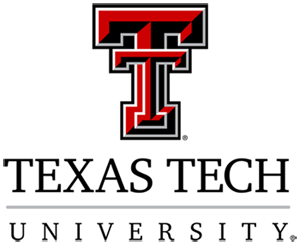Newswise — More than eight months after incumbent Venezuelan President Nicolas Maduro won a second term in an internationally controversial election that critics said was rigged in his favor, and nearly two weeks after his swearing-in, the Venezuelan National Assembly and several major world powers have decided not to recognize his leadership.
Today (Jan. 23) in front of several thousands of opposition protesters and with protests throughout the country, the president of the National Assembly, Juan Guaido, was sworn in as interim president of Venezuela.
Iñaki Sagarzazu is an assistant professor in the Texas Tech University Department of Political Science in the College of Arts & Sciences who specializes in Latin American politics and how institutions’ roles in politics affect individual voters. His research has been published in the American Journal of Political Science, the British Journal of Political Science, Political Behavior, West European Politics, Political Science Research & Methods, Latin American Politics & Society and Policy Studies Journal, as well as in several book chapters in edited volumes. He teaches undergraduate and graduate courses in Latin American politics and political communications. Sagarzazu sometimes posts his political analyses on Twitter and his blog. He is fluent in both English and Spanish.
Expert
Iñaki Sagarzazu, assistant professor of political science, (832) 230-6021 or [email protected]
Talking Points
- The May 2018 elections were not considered free and fair under typical criteria for several reasons. Major opposition leaders were in exile or being persecuted, and opposition parties were banned from participating. Also, several irregularities were reported, and the two main alternative candidates complained about the lack of transparency in the process, with one calling the election fraudulent. The elections also had the lowest turnout of a Venezuelan presidential election ever, with less than half of registered voters participating.
- The elections were not recognized by the international community even at the time, and major countries in the Americas – including the United States – and the European Union called for the elections to be cancelled and properly called.
- Maduro was sworn in on Jan. 10, but because the election wasn’t recognized, the National Assembly decreed the presidency vacant and announced that it would take over the country’s executive functions.
- The U.S. government immediately recognized Guaido as the interim president and other countries in the hemisphere – Canada, Colombia, Brazil, Chile, Argentina – and the European Union are expected to follow suit.
Find Texas Tech news, experts and story ideas at Texas Tech Today Media Resources or follow us on Twitter.

